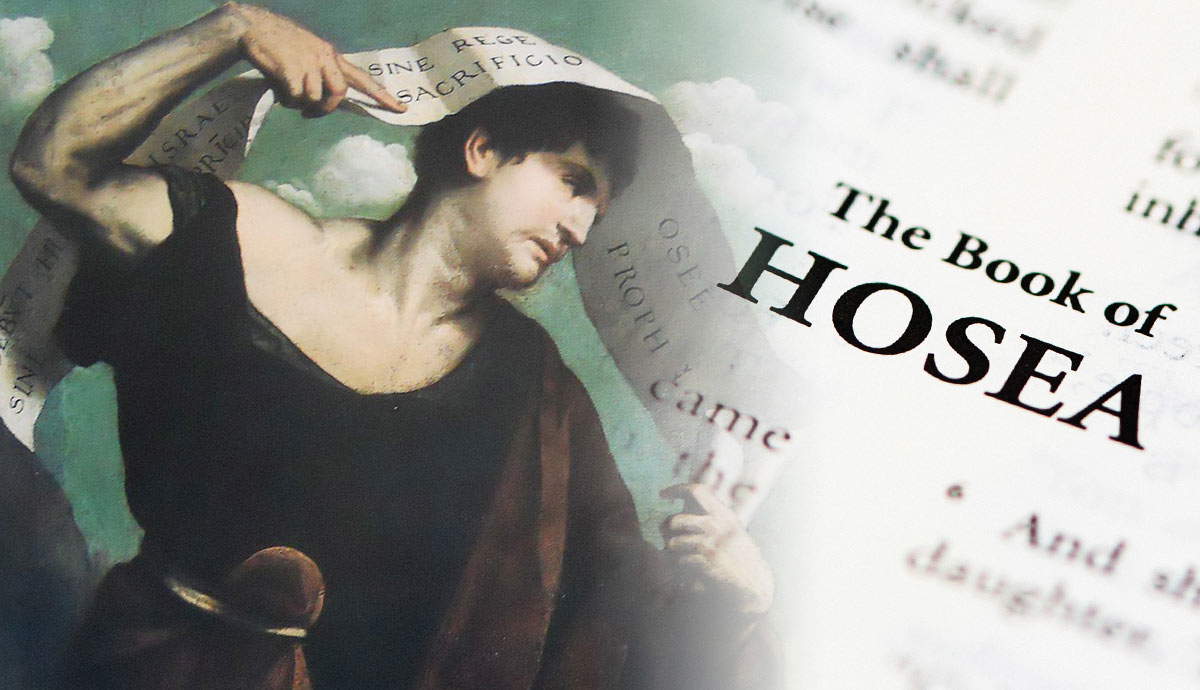
Titus is the third pastoral epistle in the Biblical canon. It has many similarities to the letters written to Timothy and was written shortly before Paul was executed.
Paul mentions Titus several times in various epistles, indicating that he was a notable co-worker. In the letter, Paul instructs Titus on how to deal with and minister to the Cretan churches and the challenges they face. This epistle makes a significant contribution to the theology that steers leadership practice in churches to this day. It also provides an abbreviated version of the doctrine of salvation by grace through faith, not by works.
Authorship and Date

Like First and Second Timothy, there is no consensus about the authorship of Titus. The first verses of the letter self-identify Paul as the author and use similar language to Paul’s authentic epistles. Early church fathers such as Irenaeus, Clement of Alexandria, and Tertullian accepted a Pauline authorship without question. Those who subscribe to an authentic Pauline authorship date the epistle to the mid-60s CE.
Some scholars claim that the vocabulary, style, and content suggest that the letter was authored after the death of Paul. These aspects resemble 2nd-century ideas, rather than the 1st. These scholars claim that the organizational concerns about the Cretan church do not come from the time of the missionary journey of Paul. It better suits the context of later developments.
Because pseudepigrapha was common in early Christianity, some scholars have dismissed the internal claim of the letter that Paul was the author. Scholars who oppose Pauline authorship of Titus date the letter to between 80 and 100 CE, or even later.
Historical Context

Crete is a Greek island in the Mediterranean Sea. Cretans seem to have had a bad reputation in the ancient world, which Paul highlights when he quotes the philosopher, Epimenides, stating: “Cretans are always liars, evil beasts, lazy gluttons.”
Some Jews resided in Crete and practiced their Jewish faith there. Acts 2:11 notes Cretans were present in Jerusalem on the day of Pentecost and may have been converted then, taking their new-found faith with them to the island.
By the time of Paul’s writing, Titus, a co-worker of Paul, ministered on the island and Paul tasked him with providing structure and organization to the churches there, which suggests that some growth of the Christian faith took place in the meantime.
As happened in many other churches, the Jews who converted demanded that some of the ceremonial practices unique to Judaism should be implemented in Christian churches. They were also prone to importing what Paul refers to as “Jewish myths and the commands of people who turn away from the truth” (Titus 1:14).
Structure

Salutation (Titus 1:1-4)
Paul identifies himself as the author and Titus as the receiver, continuing with his typical blessing of grace and peace.
Titus Charged With Managing the Cretan Church (Titus 1:5-9)
Paul tells Titus to appoint elders and overseers, detailing the criteria these offices require.
False Teaching (Titus 1:10-16)
Paul addresses people who spread false teachings and display disturbing behavior in the Cretan church, guiding Titus to deal with them.
Conduct in Dealing With Others (Titus 2:1-2:10)
Titus receives instruction on conduct relating to older men, older women, younger men, and younger women. Paul tells him to be an example.
The Saving Grace of God (Titus 2:11-3:11)
Paul teaches Titus how to share the saving grace of God with the Cretans.
Instructions (Titus 3:12-14)
Paul gives instructions to Titus on how to assist persons sent to him and others who are co-workers of Paul.
Greetings (Titus 3:15)
Paul closes the letter with a brief greeting bidding Titus grace.
Main Themes

Organization of the Church
Paul instructs Titus to appoint overseers and elders in the Cretan church. He details the characteristics that serve as criteria for serving in such offices. These instructions mirror what Paul taught Timothy in those offices.
False Teaching
Similar to the problems Timothy faced, Titus also had to deal with local Jews who imposed ceremonial practices on new Christians. The instruction to Titus is to rebuke these false teachers who claim to know God but deny him by their actions.
Paul instructs Titus to avoid controversies that lead to quarrels and to warn those who stir them up. If these people do not heed the warnings, Titus should withdraw from them.
Conduct Toward Others
Titus is charged with instructing men and women of various ages, as well as slaves, on how to conduct themselves. Titus must serve as an example beyond reproach in his conduct.
God’s Saving Grace
Paul explains how the saving grace of God motivates the change in human conduct, leading people to submit to authority. This change in conduct does not work for salvation but is the result of having been saved.
Key Passages

Titus 1:5-9
“This is why I left you in Crete, so that you might put what remained into order, and appoint elders in every town as I directed you—if anyone is above reproach, the husband of one wife, and his children are believers and not open to the charge of debauchery or insubordination. For an overseer, as God’s steward, must be above reproach. He must not be arrogant or quick-tempered or a drunkard or violent or greedy for gain, but hospitable, a lover of good, self-controlled, upright, holy, and disciplined. He must hold firm to the trustworthy word as taught, so that he may be able to instruct in sound doctrine and also to rebuke those who contradict it.”
Many churches use the offices of elder and overseer (bishop) as the norm for pastors and ministers. Here, Paul details a list of character traits that should serve as criteria to consider before appointing individuals to offices of leadership.
Titus 2:11-14
“For the grace of God has appeared, bringing salvation for all people, training us to renounce ungodliness and worldly passions, and to live self-controlled, upright, and godly lives in the present age, waiting for our blessed hope, the appearing of the glory of our great God and Savior Jesus Christ, who gave himself for us to redeem us from all lawlessness and to purify for himself a people for his possession who are zealous for good works.”
This passage speaks directly to the saving grace of God and the effect it has on the lives of believers throughout the ages. It is a transformative power that empowers the believer to be obedient to what God expects of them.

Titus 3:4-7
“But when the goodness and loving kindness of God our Savior appeared, he saved us, not because of works done by us in righteousness, but according to his mercy, by the washing of regeneration and renewal of the Holy Spirit, whom he poured out on us richly through Jesus Christ our Savior, so that being justified by his grace we might become heirs according to the hope of eternal life.”
These verses from Titus present righteousness by grace through faith in a concise way. It highlights how the Holy Spirit renews believers and provides them with hope for an eternal future.
Titus 3:9-11
“But avoid foolish controversies, genealogies, dissensions, and quarrels about the law, for they are unprofitable and worthless. As for a person who stirs up division, after warning him once and then twice, have nothing more to do with him, knowing that such a person is warped and sinful; he is self-condemned.”
Throughout the ages, the Christian church suffered from controversies that served no useful purpose. Considering Paul’s reference to how philosophers stereotyped the Cretans, it seems as though the churches on the island faced significant challenges.
Contemporary Relevance

The Epistle to Titus makes a contribution similar to the Pauline pastoral letters to Timothy. It details the characteristics and criteria of people nominated to leadership positions in the church. These criteria are timeless, applying today as in the first century CE. The guidance on conduct by various groups in the church also remains relevant except for bondservants that are not applicable in the Christian context.
Though the treatise to Titus on salvation is brief, it is still significant. It highlights that salvation comes by the grace of God and is available to all people. It motivates godly living characterized by self-control, righteousness, and devotion to God. The grace of God is transformational and empowers believers to live according to the will of God. Salvation is not attainable by works. Instead, works result from the transformed life. These truths are eternal because the principle behind salvation does not change. Other epistles by Paul and other authors of New Testament epistles go into more detail on this topic, but Titus provides a summary of it.
Though the modern church may not face the same false teachings Titus faced, the guidance on how to deal with members spreading errors is invaluable today. The same principle applies in a modern context.










